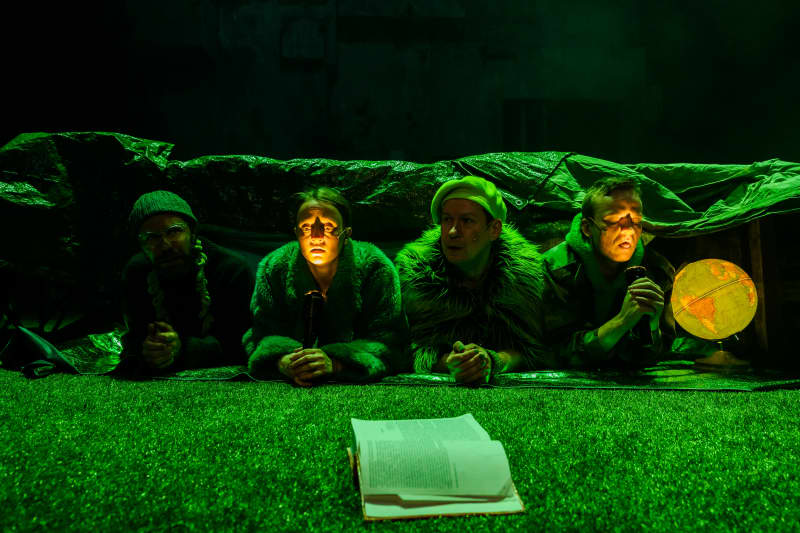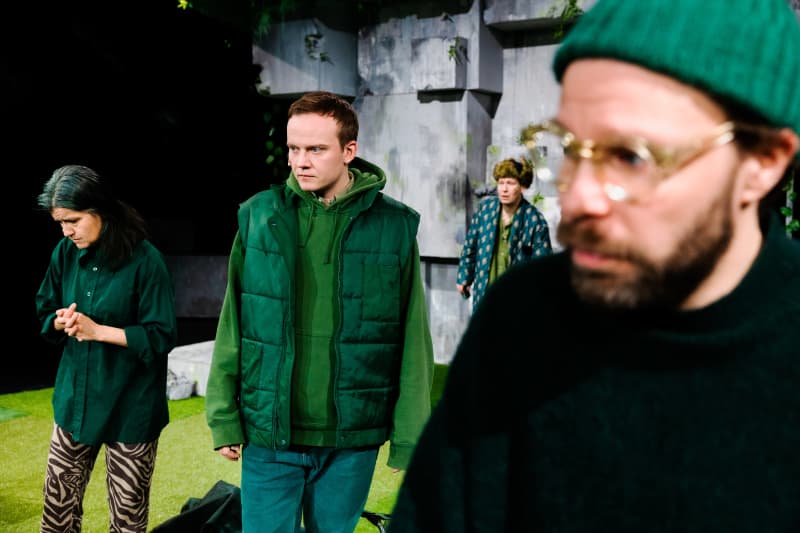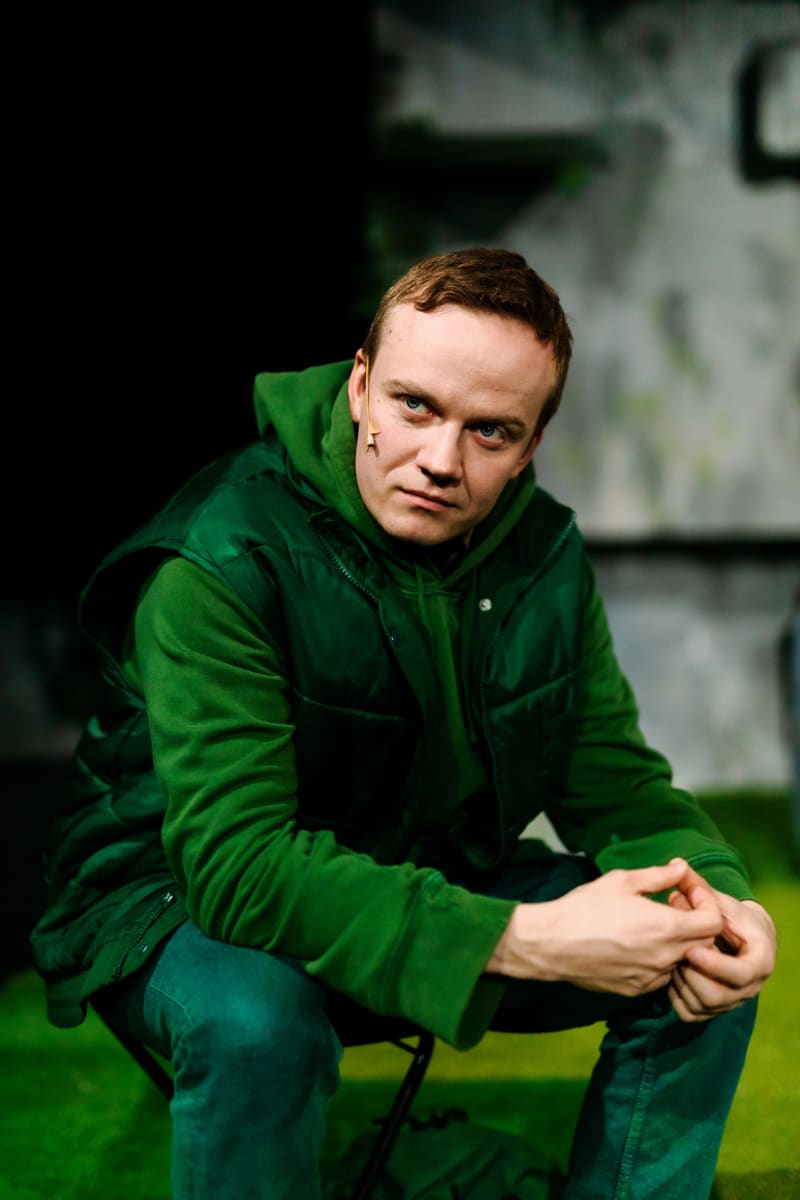
When Otto Gabrielsson’s book Rikkaruoho – The last letter to the father came out, it mainly highlighted the resentment of an abandoned child. KOM’s version highlights the universal theme of parent-child relationships.
Donner’s other four children, especially the youngest sons, were in a completely different position for him.
The illegitimate son, who longed for his father at his age, felt himself breaking under the words. He decided to write a last letter to his father. However, Donner didn’t get it because he died before *Weeds* was published.
He didn’t have a bad habit of answering his son’s letters anyway, if *Rikkaruoho* is to be believed.
Gabrielsson borrowed the provocative tone of his book from his father. It’s a merciless speech from a boy who felt he was a flea in a big man’s fur. It is a tragicomic release of an abandoned child, a medical report and a farewell.
It is also a book about longing and love, although those tones were left at the feet of sensational news when the book was published almost three years ago.

Voices from behind the nation’s closet
The KOM stage features an avenger, a clinger, a poet, a psychologist and a mute child. They gather in the Åland Sea for a literary therapy retreat to write their last letters to their father.
Each of them is at a different point in dealing with their trauma.
Laura Mattila wanted to give voice to all of Gabrielsson’s perspectives. In his opinion, those voices had to be heard from behind the closet, on which Jörn Donner has been raised as a great man of culture.
– There is much more in the book than anger: there is also understanding towards the father, there is also a moment when he identifies with his father and finds him in himself, there is really a lot of love.
Mattila wanted to make a stage piece that would be something different from what the audience familiar with Donner’s image would expect.
– People probably assumed that there would be one man here wearing a cloak cursing his father to the lowest hell. When we don’t make just one statement about how Otto thinks about his father, it also distances us.
People make mistakes
*Rikkaruoho* deals with the relationship between parents and children more broadly than as a matter between a father and a son, Laura Mattila describes.
– This is also about what we expect from our parents. On the one hand, we wait for a reason, but on the other hand, especially as children, we expect too much, even unreasonable. Super heroism.

KOM theater’s performance is also funny in its chilling nature. The way the estranged father treats his son is completely unreasonable in places – so unreasonable that you have to laugh at it, Mattila describes.
Oto has to concretely find out about *Mammoth*, that person and the book made by that person, that he can stand on his own two feet.
– There is no sketch humor here, but a balancing act between pain and lightness.

Mattila has been asked along the way whether she thinks Jörn Donner is a monster. Is not.
According to Mattila, Donner is human and people make mistakes and hurt each other. The premise of the show is humane, Mattila sums up.
– This is about Oto, a little boy in a certain way. Hard to believe that it would somehow shudder. This is more about love than hate.

Mattila does not find it problematic that Jörn Donner is no longer standing up for himself.
– In his time, Jörn got so much space to tell his own story that maybe now there is space for one such show where another version comes out. While writing the play, I thought a lot about abandoned children and what remains outside the canon and great narratives.
Mammoths fall from the top of the cabinets
For example, Toiviainen describes her own relationship with her father as \”the most problem-free in the world\ but she still finds plenty of empathy in the show.
In Toiviainen’s opinion, the relationship between two people expands into very big questions in the work.
– What kind of heritage do we carry in ourselves, how do our parents influence us, what and who do we need as people? What materializes in us from our fathers and mothers – what we want and what we don’t want?
In Toiviainen’s opinion, *Rikkaruoho* also reflects on success and making art. Donner’s literary production, for example, gets a cold ride in the work, but still the boy finds it hard to believe that he would be the one to write about.
– Here we are asking what success means and what artistry is, and who decides it, who gets to succeed.
In his book, Gabrielsson calls his mammoth father a papput, a prehistoric relic; as a father figure who is stuck in the rowdy behavior of a teenager.
– There is no attempt to scold anyone in the show. It would be best if we could look at the patriarchal paputs of our recent history and think about why they have been put on top of the closet. Here, the underdog is given a voice, Saarela describes.
